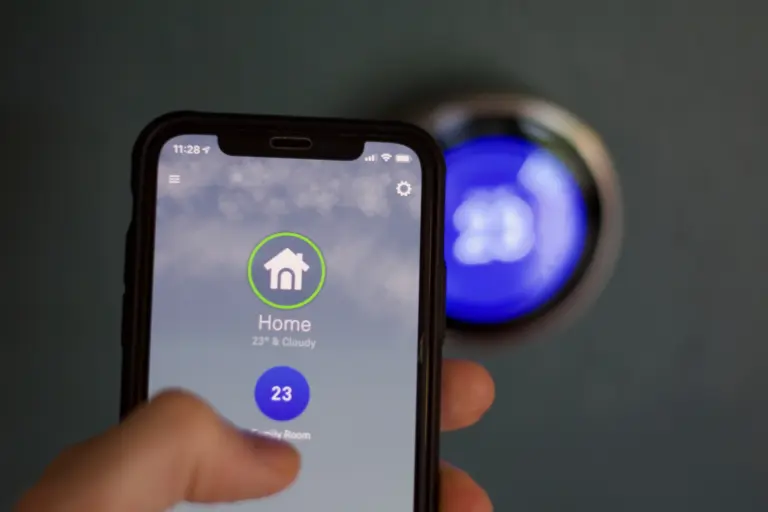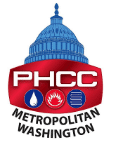
There are two obvious ways in which HVAC has benefited from advancements in technology: efficiency and performance. Additionally, HVAC systems last a lot longer, maintain peak performance longer (with manufacturer recommended maintenance) and offer more precise temperature control than ever before.
Smart home technology is maybe the most recent advancement in HVAC technology that has fundamentally altered the way many families approach regulating temperature and energy use.
And, during the COVID-19 pandemic, we can't overlook some of the monumental improvements residential HVAC technology has made for indoor air quality.
SEER RATINGS AND EFFICIENCY
Maybe the clearest example of how much HVAC technology has improved are the ever-increasing SEER ratings of air conditioners and heat pumps. Seasonal energy efficiency ratio (SEER) is essentially the measure of British thermal units to energy watt-hours. In simple terms, it's HVAC cooling performance divided by energy use.
Congress passed the first laws requiring minimum SEER ratings in 1987 (which went into effect in 1992). At the time they set the minimum rating at 10. Today you can find competitively priced 20 SEER HVAC units.
That means a lot of households are getting the same cooling performance for half the price they paid in the early '90s (adjusting for energy price inflation). Modern HVAC units are using a lot less energy to provide consistent cooling performance.
The same is true on the heating side for gas and electric units. Older gas furnaces and boilers often had efficiency ratings between 56 percent and 70 percent. Between 44 and 30 percent of gas fuel was either escaping up chimneys or out exhaust vents.
Many of today's gas units are reaching 98.5 percent efficiency (meaning nearly all the fuel you're paying for is being used to heat your home).
On both the heating and cooling side, customers are paying a lot less for optimal HVAC performance.
Comfort was a big motivator for the HVAC industry to push advancements in efficiency, but it wasn't the only motivator. Concern for the environment, and government regulation, has also played a role in pushing manufacturers and system designers toward ever-increasing levels of energy efficiency.
INDOOR AIR QUALITY AND AIR PURIFICATION ADVANCEMENTS
One of the biggest advancements in HVAC air purification within recent memory was the introduction of UVC-emitting lights. These UVC lights can be installed in HVAC systems and ductwork to kill microbes and pathogens in the air that passes through the system.
These lights are powerful and can even be dangerous when not properly installed. It's important people aren't subjected to long-term exposure to UVC, which is why it often makes sense to contact a professional for installation.
HVAC air filter quality and affordability have also made some significant steps forward. HEPA filters, a technology that was first adopted for health care settings, has been optimized and sized to fit most home HVAC systems.
Some HEPA filtration systems are complex and may require experienced HVAC technicians to install, especially if they're being coupled with other air purification technologies like UVC lights.
There have also been significant advancements in run-of-the-mill air filters you can buy in hardware stores. MERV (minimum efficiency reporting value) ratings have gone up, meaning smaller pollutants are being prevented from circulating throughout homes during the summer and winter when HVAC systems are being relied upon for air filtration.
BETTER DUCTS
Old, uninsulated ducts running through attics, garages or other unconditioned spaces may sacrifice upwards of 35 percent of an HVAC unit's energy output. Leaky ducts can hemorrhage even more conditioned air before it's able to reach the rooms it's intended to heat or cool.
Companies like Aeroseal have developed treatments and solutions to minimize leakage rates and further reduce a home or business's heating and cooling cost. A variety of other ductwork technologies have been developed to better insulate ducts, and duct materials themselves have become tougher and more resilient to wear and punctures.
Vito Services offers computer-designed custom ductwork that's fabricated to be leak-free in our own sheet metal shop.
DOES YOUR HOME BENEFIT FROM THE LATEST ADVANCEMENT IN HVAC TECHNOLOGY?
The HVAC and plumbing experts at Vito Services are committed to ensuring residents in Washington, D.C. and the surrounding suburbs have access to the best heating, cooling and air purification technologies available. If you're worried the air circulating in your home isn't clean enough or your system is using too much energy to deliver the heating or cooling your family needs, we can help.
Call Vito Services at 301-315-6100 to request HVAC service or to schedule an installation consultation.








